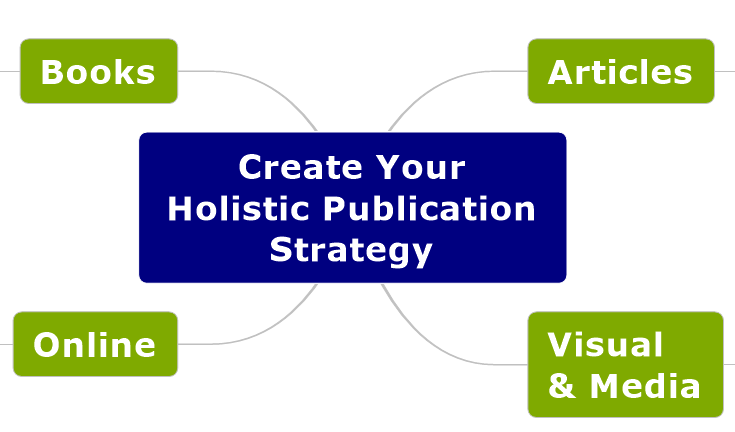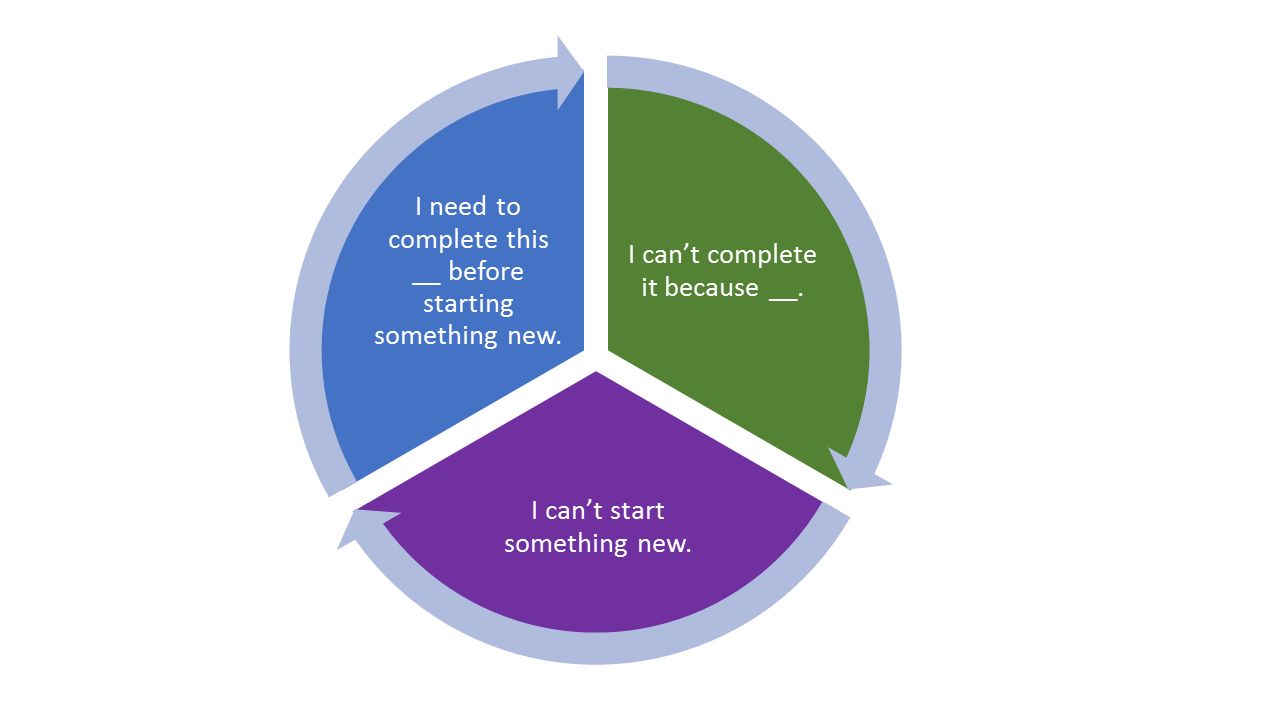How to present yourself and your brand (offline and online) to promote your skills, attributes, qualifications and experience.
by Felicity Becker, author of Boost your Employability, and co-author of Seven Steps to Career Success and Acing Online Assessment. Felicity Becker is our October Mentor-in-Residence. Use the code SAGE30 for a discount when you order her books through SAGE Publishing.
Get ready for the next stage of your career!
When entering the career market, you will want to feel confident in promoting your skills, attributes, qualifications and experience. Read on to get tips on how to present yourself and your professional brand for success in your chosen career.
1. What career do you want?
There are many career options out there and to be able to tailor your brand to succeed, you will need to whittle it down to one or two choices of career. You might choose a career path for many reasons: your degree specialism, the financial reward, the flexibility it offers around your personal life, familial links to a profession, travel it might offer you…the list could go on. Establish what is important to you when it comes to employment and then have a look at what is out there. If you are in education, you might have access to a careers service through your institution and speaking with them could help you find out what options are available to you. Once you have identified the field you want to get into, you will be better placed to begin matching your skills, attributes and qualifications to those required for the job role.
2. What does the job role require of you?
You will be able to find this out by looking at job advertisements. Highlight the skills they are asking for in one colour, the attributes in another, the qualifications in a third colour, and experience in a fourth colour. Now look at your CV (if you do not already have one, you should take the chance to make one with your chosen career in mind). If you find that there are plenty of similarities between what is being asked for and what is on your CV, then you can feel confident that you are going to be a good fit for the job roles you are applying for. If, however, you find that there are not many matches between what is required and your CV, you should look at tailoring your CV. You want to make it easy for a potential employer to recognise how you will fulfil the job role and responsibilities, so using similar language as that found in the advertisement will serve you well.
3. How do you make yourself stand out?
Be sure to utilise social media and networking platforms to boost your visibility to potential employers. It would be a mistake to assume that interviewers do not look online at job candidates. Ensure that your social media accounts have the correct privacy settings in place to prevent potential employers seeing anything you would rather they did not. If you are going to have a social media account for your professional profile, then keep it up-to-date and fresh by adding details of events you have attended, your achievements and posts that demonstrate your interest in the profession you are entering in to. Being involved in a networking group, either online or offline, will be useful to you in finding out about job opportunities.
4. How do you write a great CV?
Include a personal profile at the top highlighting the key skills and qualifications that you have, which match the job you are applying for. If you are going for various jobs, you may find it useful to keep a master copy of your CV with absolutely everything on. This way, you can simply copy and paste to a new document the sections that are relevant to each application. A fantastic CV will be cohesive and so it will be easy for the reader to see how your skills, experiences, attributes and qualifications are all brought together. For example, if you are applying for a job to teach French to young adults, your CV might include the following under the ‘Skills’ section:
“French language teaching: I have a Level 6 qualification in French. I have taught young people aged 14-16 in three different schools as part of an extra-curricular programme in my local area, with 95% of my students passing the end of year assessments.”
Check requirements, but keep in mind that your CV should be no longer than two A4 pages (no smaller than size 12 font) and so any information that you cannot fit onto your CV, you should keep in reserve for either your covering letter or your interview. To establish how your qualifications, experiences, skills and attributes all connect, try filling in the following table:
As a final word of advice, remember that you will have plenty of skills and attributes that make you worthwhile employing. Identifying and presenting your qualifications, experiences, skills and attributes in such a way that will get you the job is a valuable thing to do but will take some time, so plan when you will focus on boosting your employability.












